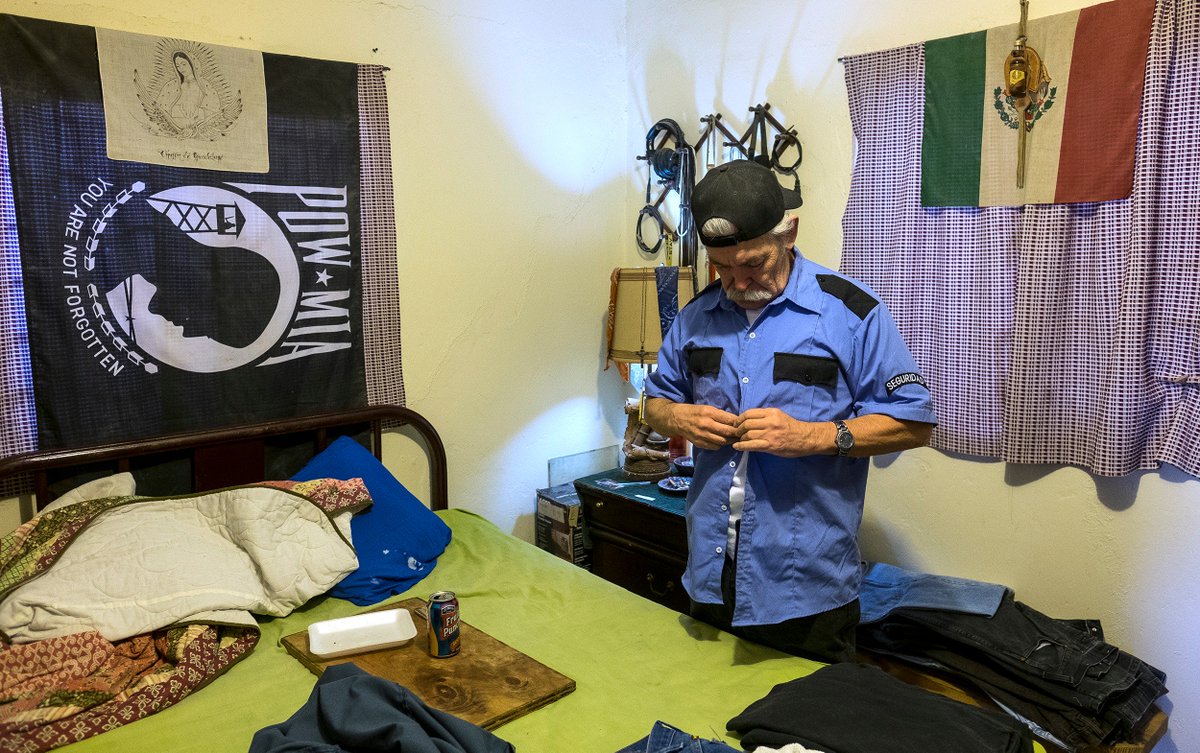
Power companies in Texas often get what they want when it comes to regulations, like a proposed rule that should have made power plants safer in winter. That is, until the state's biggest electricity producer got hold of it. (THREAD). propublica.org/article/power-…
2/ In 2011, after monster winter storms knocked Texas power plants offline, sparking rolling blackouts, regulators hired consultants to help learn how to better protect the electric grid from cold weather storms.
3/ Those experts determined that the power plant failures of 2011 were due to companies failing to understand the “critical failure points" of their equipment. Future success during winter storms required an “understanding the critical elements” of power plant equipment.
4/ The experts’ top recommendation: require operators to understand the “weather design limits” and “critical failure points” within their plants. Regulators at the PUC proposed including them in their new rules regarding emergency plans.
5/ But the state’s largest electricity provider, North Texas-based Luminant, fought against the proposed rule, claiming it wasn’t necessary.
6/ “Each weather event [is] dynamic,” company representatives told regulators. “Any engineering analysis that attempted to identify a specific weather design limit would be rendered meaningless.”
7/ But engineering experts say the recommendations laid out by the consultants could been helpful in identifying hidden trouble spots within Texas power plants.
8/ "Good engineering practices require detailed understanding of the performance limits of each individual component that goes into a system," said University of Texas energy expert and engineer Michael Webber.
9/ "Even if 99.9% of the equipment is properly rated for the operational temperatures, that one part out of 1000 can bring the whole thing down,” he continued.
10/ PUC regulators blinked & agreed to soften the proposal, limiting the reeq. to only previously known critical failure points. It's hard to know exactly how much a stronger rule would have helped the grid this time around. State & federal investigators will be looking into it.
11/ The subtle but potentially far-reaching tweak is yet another example of the influence of power companies in the Texas system, critics say. Luminant would not comment on its role in the proposed rule. Neither did the Public Utility Commission.
12/ “Too often, power companies get exactly what they want out of the PUC,” said Tim Morstad, associate director of AARP Texas. “Even well-intentioned PUC staff are outgunned by armies of power company lawyers and their experts.”
Read more with colleagues @KiahCollier @ViannaDavila @LChurchilll and @Perla_Trevizo: propublica.org/article/power-…
• • •
Missing some Tweet in this thread? You can try to
force a refresh





